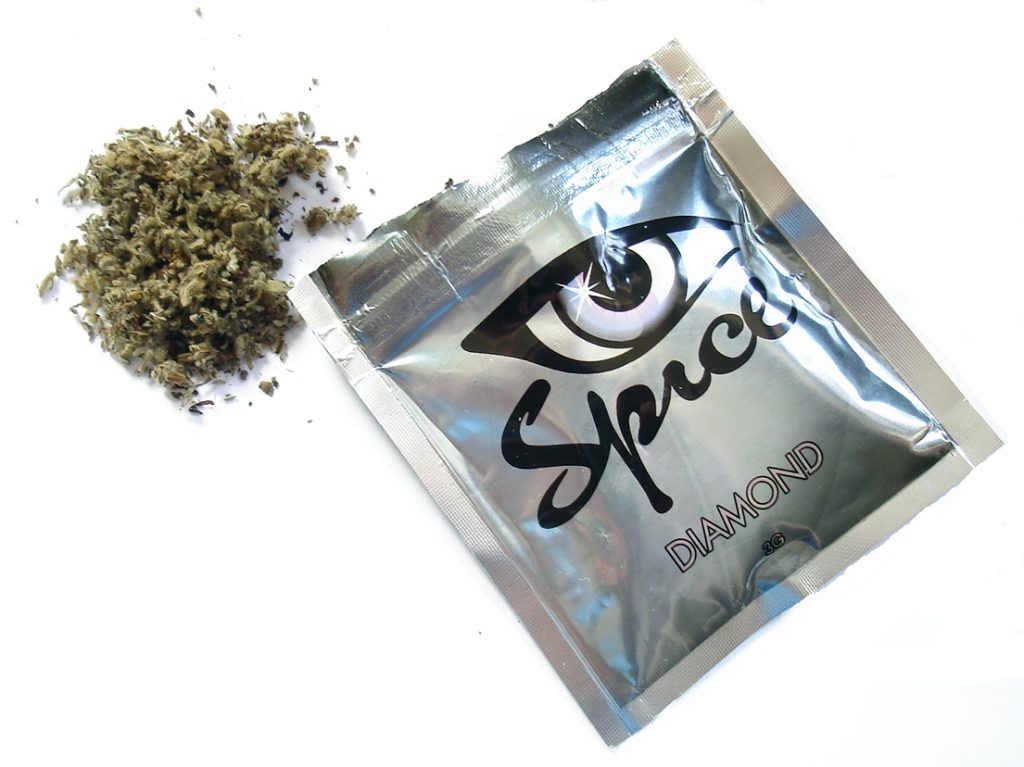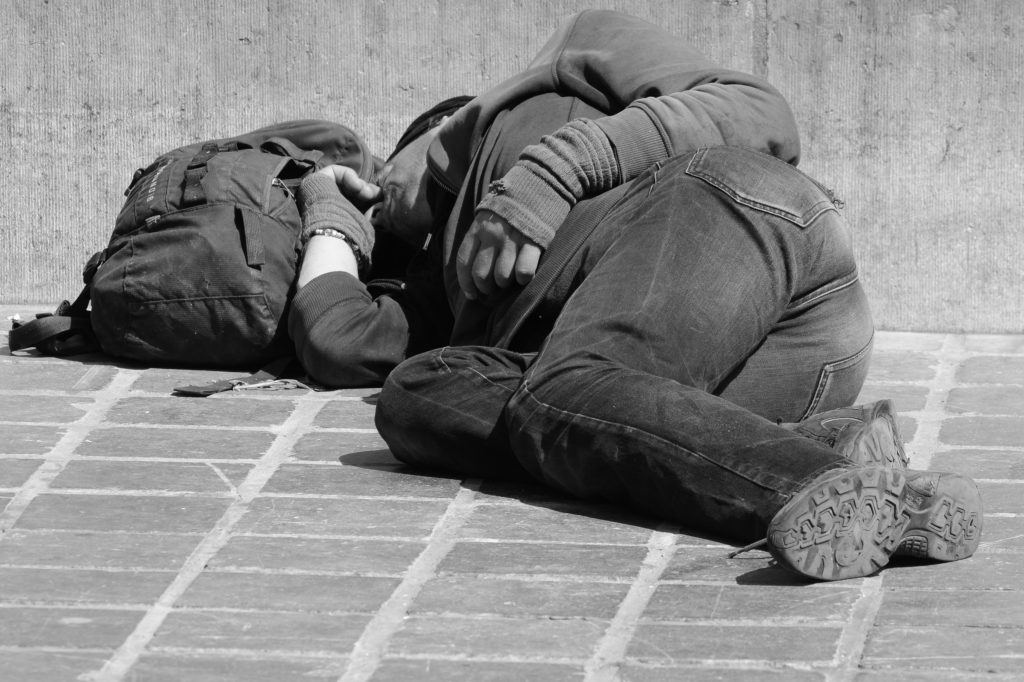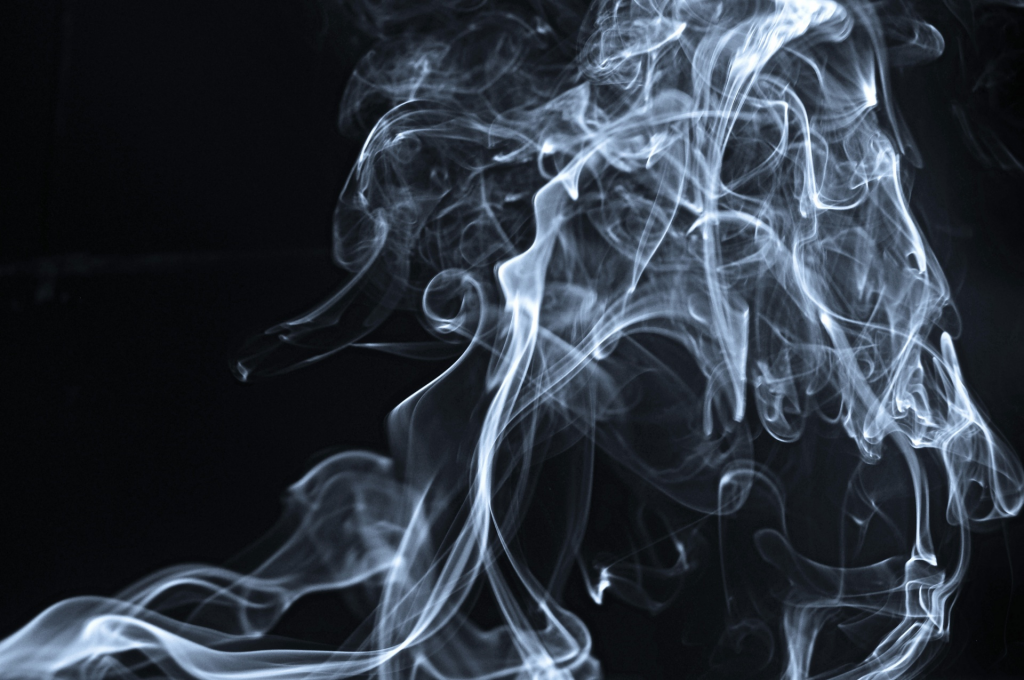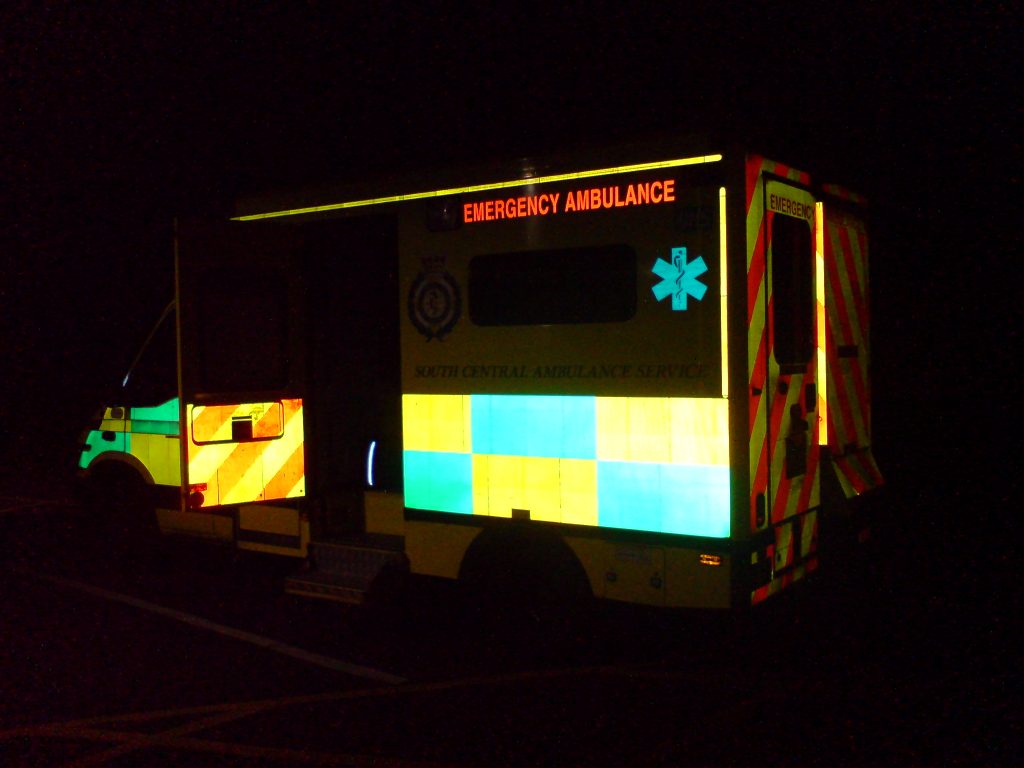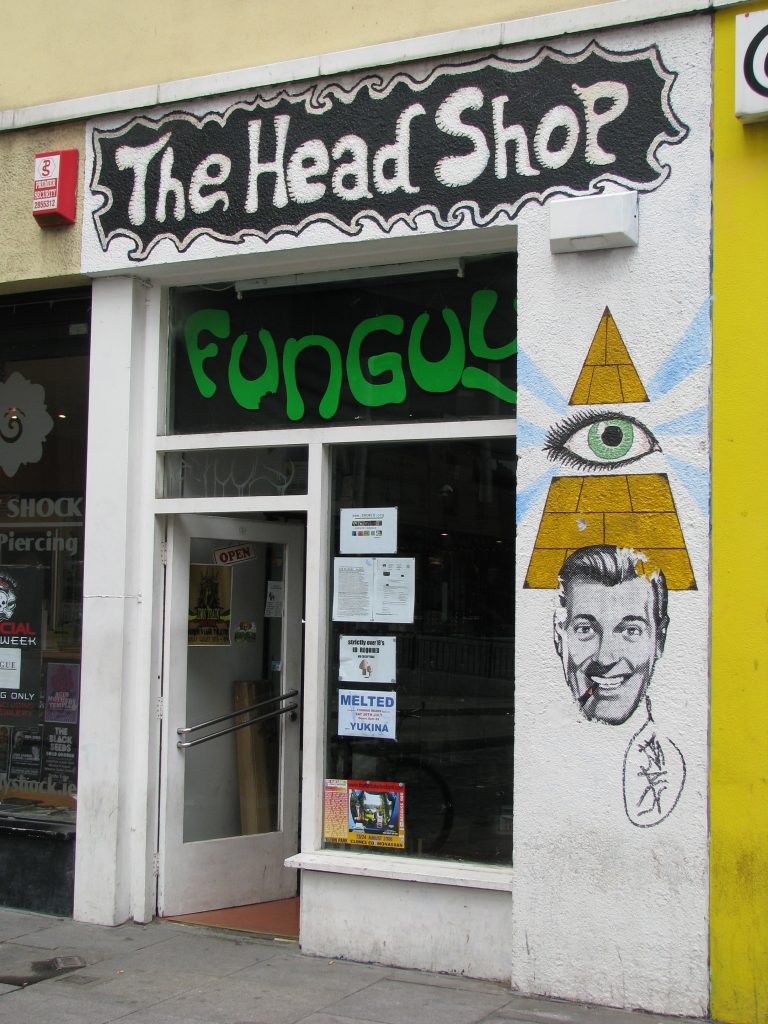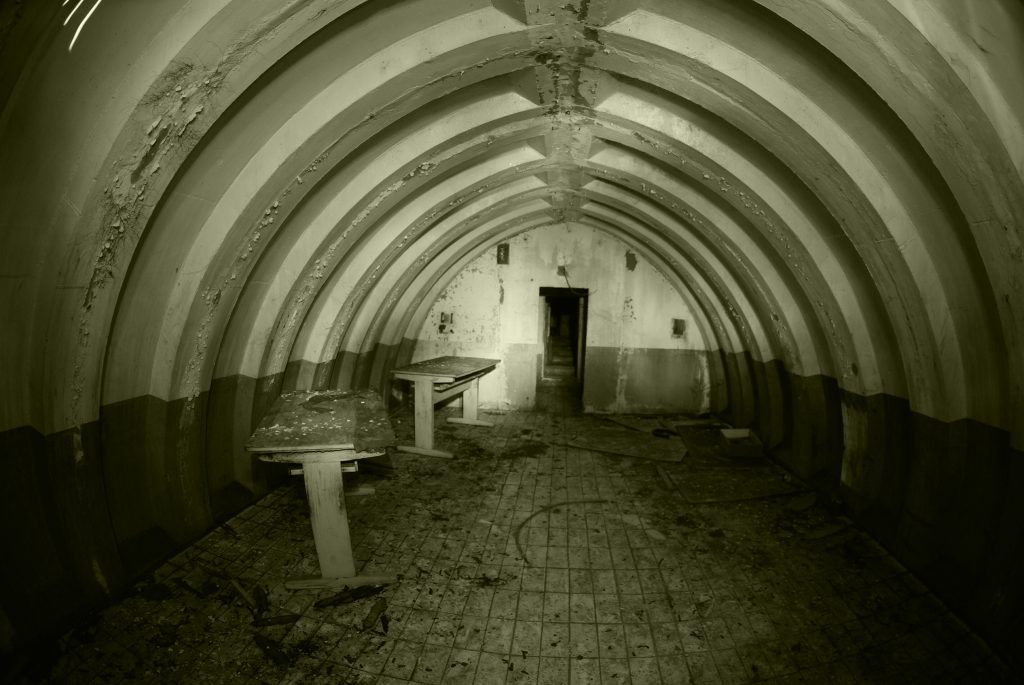“People are just pushing it and pushing it and pushing it to see how much they can use. I’ve known people who have been using three to four 10 gram bags a day of Spice. We’ve had people who have gone to hospital because they’ve passed out and, as soon as they’ve come around, they’re pulling wires out of themselves to go and get another bag. That’s all they’re interested in doing. It’s like tunnel vision – that’s all they can see: their next bag of Spice.”
As project manager at the Wellspring homeless and disadvantaged shelter in the heart of Stockport, Jonathan Billings has seen first-hand the futile Spice cycle rough sleepers find themselves in.
The unpredictable effects this group of synthetic cannabinoid receptor agonists (SCRAs), commonly known as Spice, can have – violence, suicidal thoughts, seizures, heart attacks, hallucinations, psychosis, a withdrawal more severe than heroin – are keeping them trapped in a grim existence on the streets.
Rough sleepers and prisoners are the groups most commonly using Spice. While last year’s Psychoactive Substances Act, which made the manufacture and supply of Spice illegal, has shut down the head shops from which it could be bought in packets over the counter – largely stopping curious teenagers from buying what were then called ‘legal highs’ – this law has done little to eradicate its supply to vulnerable groups on the streets and behind bars.
In fact, its shift underground means Spice is now more readily available from street dealers than ever. Still relatively cheap for its potency per bag, it is here that it has gained a foothold as the ‘psychological cosh’ of choice.
As Spice’s street market flourishes, rough sleeping across Britain is continuing to rise.
Government figures released last month showed that the number of people counted sleeping on the streets on one night last Autumn had risen for the sixth year in a row – to 4,134 from 3,569 in 2015. It’s likely that this is a significant under-estimate though, with the CHAIN network of homelessness charities counting 8,096 rough sleepers in London alone in 2015-16.
The toxic mix of rough sleeping and Spice is creating a worrying paradox. Those hooked on the drug are some of the most vulnerable on our streets, yet, their habit is keeping them from being able to access the help they need.
Spice keeps them on the streets, and the demand they provide for the drug keeps Spice dealers there with them.
Speaking to those on the frontline – charities, homeless centres, hostels and outreach workers – it’s clear just how big a barrier Spice has become to rough sleepers progressing with their lives.
Violent side-effects are stopping those that use it from being given beds in hostels. Getting them to engage with any services that could help them with their housing, benefits, mental health, drug or alcohol needs is near impossible. Even if they can be referred for treatment, services don’t appear to exist to specifically tackle Spice use. When someone turns up and starts having a Spice seizure, all that can be done is to call the police or an ambulance and hope they won’t be as bewildered by what to do as the hostel staff and outreach workers who are seeing people ‘turn’ within minutes.
The people trying to help often feel out of their depth. Worried for their own safety, they believe they are being given no option but to withdraw their support.
Unless politicians start to get to grips with what this epidemic-in-the-making is doing and what it will take to tackle it – beyond trying to legislate it out of existence – Spice’s stranglehold on vulnerable rough sleepers has the potential to spiral (even more) frighteningly out of control.
Jonathan Billings runs the Wellspring, a 100-bed support centre for the homeless in Stockport. It receives no funding from the local authority, but welcomes 150 vulnerable people through its doors each day.
Over the last two years, Jonathan says the number of rough sleepers coming into the centre using Spice has caused real problems.
Under a zero-tolerance approach to drug use introduced in response to this a year ago, the Wellspring no longer gives a bed to anyone using Spice and those found with it must leave immediately.
“It’s incredibly addictive and once someone’s using Spice heavily, that’s all that’s on their mind,” he says.
“To try and work with them to address their homelessness or other issues becomes incredibly difficult because you’re working with someone whose either not interested in doing anything other than searching for the next bag of Spice or they’re actually under the influence at the time and you can’t have a conversation with them.
“It’s too risky for accommodation providers to be placing people into housing, especially the people who are violent on Spice.
“It’s sustaining their homelessness, definitely.”
Jonathan says that, before the Wellspring introduced its zero-tolerance policy, it was having to call “three to four ambulances a week for a few months, all Spice-related”, which has since stopped.
“We have had people throwing chairs, screaming, running into walls, hitting out at people. People can just turn. One minute they can be absolutely fine – two drags of it in a roll-up cigarette later and they’re punching walls and screaming on the top of their voice to point where they just pass out.”
Unlike heroin, crack cocaine and cannabis, Spice’s volatile effects create very specific challenges for the rough sleepers using it, he says.
He believes more funding is needed for more hostel places, staff, outreach workers, detox and rehab treatment services to help tackle Spice, but admits “we’re not really knowing what we’re dealing with”.
“We work with all the drug services in Stockport and we try to get up-to-date information from them about Spice and NPS (New Psychoactive Substances) and, more often than not, we know more about them than they do, which is slightly embarrassing for a drug service,” Jonathan tells me. “They just feel a bit lost really, like they’re fighting a battle they can’t possibly win.
“The ambulance services when they come in and people are practically unconscious or having a seizure, don’t know what they’re dealing with – unless you’ve got a bag of the substance with the actual chemical compound on the back of it, which is often not the case.
“Everyone feels a bit confused and out of their depth.”
Speaking about the disturbing revolving door of Spice use between the streets and prison, Jonathan tells me about a young man who came to the Wellspring last week, heavily addicted to Spice. Taking a condom from a box on the reception desk, he headed to a disabled toilet.
“Because he knows he’s going to be arrested that day, he was putting parcels of spice up his bottom in a condom because he doesn’t want to be away from it,” Jonathan says.
“He was stealing charity boxes from around Stockport. He’s already been sent to prison for this. He’s come out, his Spice use has just escalated to twice the level it was and he’s gone back to do the same thing.”
As well as supporting rough sleepers at the Wellspring’s centre in Stockport, the team does outreach work in Manchester city centre every Wednesday night.
“On some nights there have been 30 to 40 homeless people there, on other nights it’s been 100,” Jonathan says.
“We give out our leaflets about the housing and benefits work we do and try and engage them into the facilities we offer. But, probably 80% of the people there are smoking Spice. I come away from that street outreach and I’ve always got a headache because I’ve been around Spice a lot. I’m stood there and breathing it in. As a worker, that’s not acceptable. If it gets any worse, we’ll have to withdraw our services from there.”
While the NHS pays for a doctor and nurse on-site at the Wellspring and the council rents its building to the charity for a peppercorn rent, Jonathan says there is no ongoing funding.
“When things like Spice come about and you need more resources to do something about it – something new you’ve never done before – you need to find the money. To keep the service expanding and doing more, it’s becoming increasingly difficult because you have to find those extra costs yourselves when you’re struggling to keep the services you’ve got at the moment.”
As our conversation draws to a close, Jonathan says he’s been thinking about wearing a face mask on the outreach nights to keep Spice at bay.
“But you can’t really do that, can you? If you’re trying to engage people,” he laughs.
The problem is, Jonathan was being serious.
Like others who work directly with rough sleepers on Spice, Lesley Howard, who manages the outreach service for social care and health charity Change Grow Live in Leeds, can recall some horrifying incidents of what the drug induces people to do.
“A chap using Spice was drinking in a group in Leeds city centre and there was a pigeon there and he basically just stamped the pigeon to death. Stamped on its head and killed it,” she tells me. “And that was because he was using Spice and being really aggressive.
“Then there was a guy who went round to an ex-partner’s house with a machete and started threatening her and attacked her dog. He has never done anything like that, never lifted a finger and now he can’t remember even doing that.
“People go completely out of their mind.”
“It’s affecting everything – it’s affecting them getting into accommodation, their mental health, their offending, their relationships. It’s having a massive, massive effect on them moving forward. We can do very little with them when they’re in that state other than call an ambulance or call the police.”
She adds: “People can be really chaotic and difficult to work with because quite often you can’t get any sense out of them or do any meaningful work and you certainly can’t refer them into services when they’re behaving in that way. If we see someone we want to refer into a night shelter, we can’t if they’re under the influence.”
Lesley says that on one occasion a rough sleeper collapsed halfway through a house viewing after he went outside and smoked Spice. What could be done? “An ambulance had to be called for him”.
The outreach worker says she has seen rough sleepers evicted from hostels because of Spice, especially as staff worry for their safety.
“People who have previously not been aggressive towards staff members or other service users at all are being very aggressive. You see someone who you thought you could work with and feel ok, but wouldn’t dream of working with them anymore because you don’t want to put yourself in that position because they’re so unpredictable.”
Lesley says specific treatment services for people using Spice and NPS are required, as well as a “joined-up approach” with mental health services as Spice is exacerbating their underlying mental health conditions.
“One guy was walking in front of buses,” she says. “I was ringing the police, who wouldn’t come out and we couldn’t get a mental health worker with a doctor to come out. Unfortunately, he wasn’t admitted to hospital because they said it was drug use, it wasn’t mental health even though he’d been cutting himself and walking in front of buses. So, we’re stuck with a situation where we’ve got a really vulnerable person and are worried for their safety, but mental health say ‘this is not mental health this is drug use’ and the police are not really wanting to get involved.”
“Quite often it is left to the outreach services – we are the ones that end up picking up the pieces and trying to work with people,” she adds. “A lot of the services are probably not equipped to deal with it and they’re not going to go out onto the streets looking.
“We are the ones who are left on the frontline to do it, not getting much support from any other services. It’s really difficult to manage and there’s not enough focus on it. We’re dealing with it on a daily basis.”
A quarter of the country’s rough sleepers can be found in one of its richest boroughs, Westminster, where The Connection at St Martin-in-the-Fields is based.
Providing a day centre and emergency night shelter, The Connection is located in one of London’s rough sleeping and Spice-taking hotspots. But, it can’t provide beds to those under its influence, despite the numbers around who probably most need the help.
“Everyone’s trying their best”, says Emily Hamilton, who works in the charity’s communications team, but the effects of Spice are still a relatively “new thing” for staff and outreach workers to get their heads around.
“It seems to be much more addictive and life-controlling than heroin and crack”, she adds. “You see people slumped on the street during the middle of the day. You never used to see that.”
The Connection’s outreach workers refer particularly vulnerable rough sleepers into its emergency night beds – but its strict no drugs and alcohol policy means Spice users cannot be accommodated.
“We can’t refer people into our beds if they are being violent,” Emily tells me.
Over at Shelter from the Storm, an emergency night shelter based in Islington, its co-founder Sheila Scott says she has had the same problem.
“We’ve had guests who have been using Spice and we’ve had to call ambulances”, Sheila tells me. “One girl was hospitalised half a dozen times. There’s no way of knowing what the effect can be on anyone.
“People arrive when they’re non compos mentis and we have to turn them away because they could be dangerous. Or, if they’re in a bad way, we call an ambulance.”
Sunny Dhadley, who works at Wolverhampton’s Service User Involvement Team (SUIT) with rough sleepers and homeless people misusing drugs and alcohol, says tailored treatment services for Spice need to be developed as the existing programmes people can be referred into are still based mainly around cannabis and opiate use.
“The emergence of Spice is causing specific problems for hostels and sheltered services,” he says.
“Lack of established clinical responses to tackling Spice use mean that the current treatment provision is not yet equipped to support those encountering difficulties with Spice use. And treatment engagement is often a pre-requirement for accessing some forms of supported accommodation.”
He believes frontline staff need to be trained in how to deal with Spice users so they can feel confident working with them, acknowledging that Spice-induced “violent outbursts mean that frontline services and staff are at a heightened risk of abuse”.
And Sunny tells me that Spice is derailing rough sleepers in a fundamentally concerning way – by using it to survive, they are essentially stopping themselves from living.
“Speaking to people using these substances, synthetic cannabis puts them in the frame of mind which makes it much more comfortable living that kind of existence. It’s drawing them into this false sense of security, that they’re safe. People are able to skip hours and days and when they come back around they look for their next fix so it’s a vicious circle. It gives them a false dichotomy of safety.”
Reports of the grip Spice has on Manchester’s homeless and rough sleeping communities have been nothing short of shocking.
Julie Boyle, an outreach worker at the city’s homelessness charity Lifeshare, spoke this month of the death, rape, prostitution, trafficking and serious health conditions she sees as being linked to its use.
She has said she believes that about 95% of the young people she sees – 100 at any one time – are using the drug.
Dr Robert Ralphs, senior lecturer in criminology at Manchester Metropolitan University, researched Spice and rough sleepers in Manchester for six months last year.
He says he found that reported Spice use among rough sleepers in the city was as high as 90 to 95%.
Consequently, Manchester’s hostels are now refusing to take in Spice users.
“The unique set of problems caused by the use of Spice in supported accommodation and approved premises settings has led to a complete turnaround in substance use policies, with rough sleepers and homeless support workers increasingly informing our research team that hostels are now refusing Spice users,” Dr Ralphs says.
“This policy reversal has resulted from the unpredictability of use with workers reporting the immense strain that Spice use puts on their services.
“Spice users often need emergency medical attention and frequently report experiencing acute physical withdrawals such as severe stomach cramps, vomiting, excessive sweating, agitation, aggression, depression and suicidal thoughts. Incidents involving aggressive, violent or psychotic users are commonly reported.
“These incidents cause particular strain on services and staffing levels at night time when staffing levels are often as low as two or three staff for 20-30 beds.
“This reversal is resulting in an inability for rough sleepers to find hostel and supported housing accommodation that will take them off the streets.”
Looked at within the context of more funding cuts falling on local authorities, it is difficult to see how the brilliant charities, outreach workers, hostels and homeless centres – who take it largely on themselves to help some of society’s most vulnerable people – can be supported in dealing with the challenges created by Spice on Britain’s streets.
The response of politicians has so far resided in legislation, with the latest generation of SCRAs quietly categorised as Class B drugs and their possession made illegal last month – even though none of the people I spoke to believe criminalisation will be any sort of deterrent.
But, if the people and organisations – who are the only ones really working with those on the streets – are having to turn them away from the support that could begin to change their lives, where do they go to next?
“Their next bag of Spice.”
Crisis, St Mungo’s and Centrepoint were contacted, but unable to contribute to this report.
Hardeep Matharu is a writer and researcher at Volteface. Tweets @Hardeep_Matharu

